‘Christmas 2021 should be a much jollier affair than the last miserable one’
Your digest of analysis and commentary from the British and international press
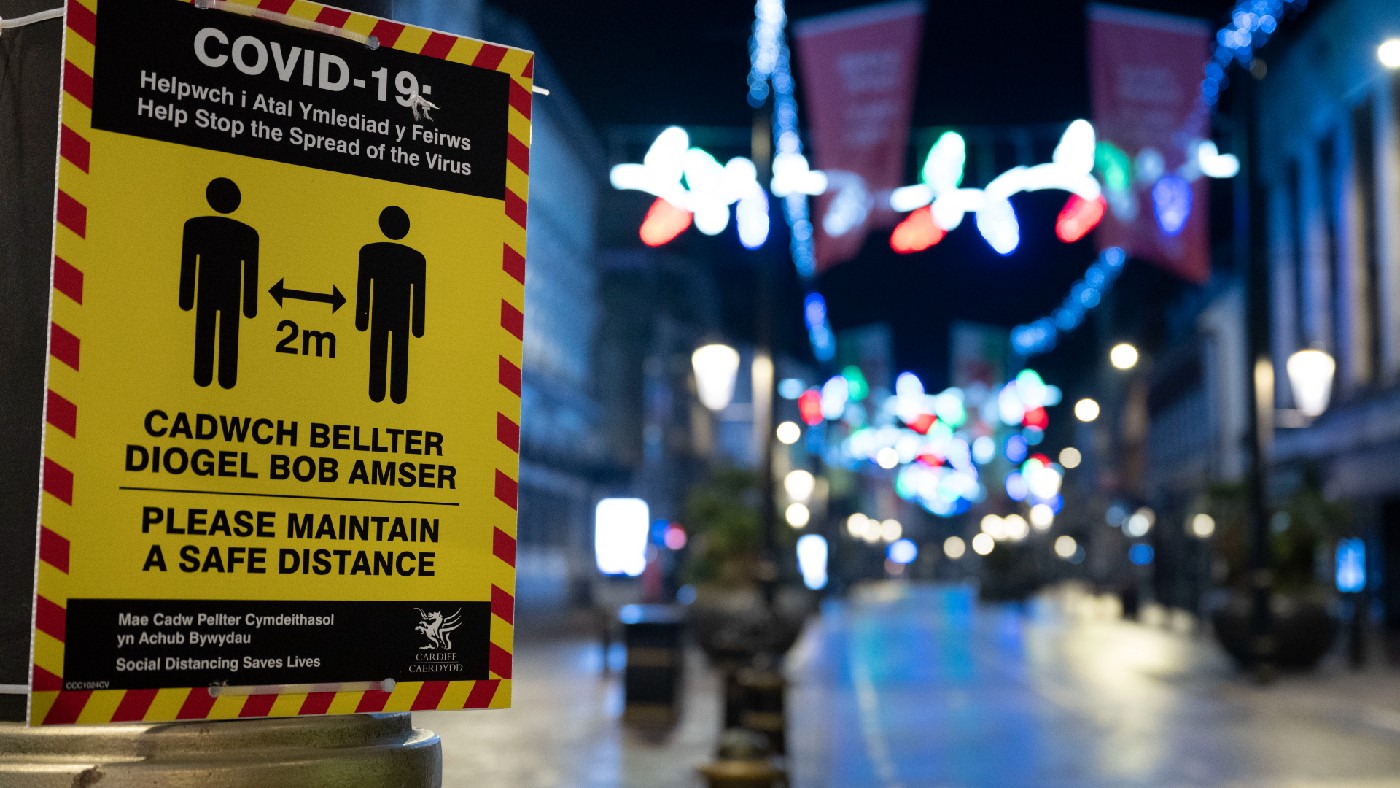
- 1. Young people: herd immunity and a jollier Christmas is in your hands
- 2. UK flooding and extreme weather show our homes will need to change to withstand climate change
- 3. A decade after Mark Duggan’s killing, police-community relations are at boiling point
- 4. The craven West needs to stand up for Taiwan
- 5. All this confidence-boosting will get us down
A free daily email with the biggest news stories of the day – and the best features from TheWeek.com
You are now subscribed
Your newsletter sign-up was successful
1. Young people: herd immunity and a jollier Christmas is in your hands
Sean O’Grady for The Independent
on vaccinating the young
Will 16- and 17-year-olds in the UK take up the offer of a Covid jab, asks Sean O’Grady in The Independent. “The signs are encouraging.” One of the “few heartening” elements of the pandemic in recent weeks “has been the way that so many young people are coming forward to take the vaccines as soon as they can, or at least with the minimum of delay (they have busy lives)”. A few might need a “little incentive” but “their sense of public duty, and self-preservation, is admirable”. “Mercifully”, these young people have “not had their heads turned by hysterical anti-vaxxers such as Piers Corbyn and David Icke” and they are getting the vaccine “to help protect the rest of us, the community as a whole and, a little less altruistically maybe, the wellbeing of their loved ones”. Thanks, in part, to these young people, “Christmas 2021 should be a much jollier affair than the last miserable one,” says O’Grady.
The Week
Escape your echo chamber. Get the facts behind the news, plus analysis from multiple perspectives.

Sign up for The Week's Free Newsletters
From our morning news briefing to a weekly Good News Newsletter, get the best of The Week delivered directly to your inbox.
From our morning news briefing to a weekly Good News Newsletter, get the best of The Week delivered directly to your inbox.
2. UK flooding and extreme weather show our homes will need to change to withstand climate change
Vicky Spratt for the i news site
on a neglected impact of climate change
Just a couple of weeks ago, parts of London experienced flash floods. Pudding Mill’s Docklands Light Railway Station “was submerged”, water “flooded the basement” at Whipps Cross Hospital and “tenants in one council block in east London were forced into emergency housing”. “Such apocalyptic scenes wouldn’t have been out of place in Kevin Costner’s 1995 blockbuster Waterworld”, writes Vicky Spratt on the i news site. But instead of being “a one-off freak event”, similar flooding had hit London earlier in July. “No longer a distant problem for future generations,” says Spratt, extreme weather “is here right now on the doorsteps of our homes and experts warn that those homes are fatally unfit for purpose”. Spratt describes the lack of connection between “what is happening to our shared ecosystem and poor conditions in individual people’s homes” as a “systemic failure”. “That neglect could yet prove deadly,” she adds.
A free daily email with the biggest news stories of the day – and the best features from TheWeek.com
3. A decade after Mark Duggan’s killing, police-community relations are at boiling point
Stafford Scott for The Guardian
on the riots repeating
A decade on from the riots that swept London and parts of the UK in 2011, racial equality and community engagement consultant Stafford Scott can still “recall the phone call” telling him “that police officers had been involved in the shooting of an ‘armed gangster’ who had allegedly shot at them”. Scott was an active campaigner for police accountability at the time and his initial reaction was one of surprise: “it was extremely rare to hear that someone had fired at a police officer, let alone that they had been stupid enough to shoot at an armed unit”, he writes in The Guardian. Surprise turned to confusion when “the gun that had allegedly been fired could not be found” and then to disbelief when it was found “some distance away from the ‘gunman’s’ body”. Scott later learned that the victim, Mark Duggan, was the son of his friends, making the incident “deeply personal”. He agreed to lead a peaceful protest complaining about the police’s actions and the lack of answers. That was the day the riots started and by the evening “much of Tottenham went up in flames”. So what’s happened in the decade since, in terms of the relations between the police and the Black community, Scott asks. Relationships “are as fraught now as they have ever been” and many people “believe that not only could an excessive-force incident lead to an uprising on the streets again, but that it will definitely happen”.
4. The craven West needs to stand up for Taiwan
Madeline Grant for The Telegraph
on Taiwan’s ‘triggering’ Olympic success
Taiwan is “enjoying its best-ever medal haul” at the Tokyo Olympics, writes Madeline Grant in The Telegraph. Taiwanese badminton pair Lee Yang and Wang Chi-lin beat a Chinese team to claim gold in the men’s final on Saturday, “an extraordinary coup given China’s historic dominance”. On Facebook, Lee dedicated his medal to “my country – Taiwan”, a move that prompted “fury” from the Chinese Communist Party (CCP) “trolls online”. Taiwan’s success is “triggering” for the CCP, says Grant. Reports say China’s state media even “cut off broadcasts of the medal ceremony halfway through”. The Chinese government wants to invade Taiwan and “doesn’t like people calling it an independent country”; in fact, at the Olympics, “they are forced to go by ‘Chinese Taipei’, an absurd term foisted on Taiwanese athletes 40 years ago” by the Olympic Committee “to make their participation acceptable to China”. What can be done about the CCP’s attitude towards Taiwan, Grant asks. The UK needs to recognise “Taiwan for what it is: an independent democracy which has no wish to be absorbed into Communist China”.
5. All this confidence-boosting will get us down
Martha Gill for The Times
on a modern ‘psychological problem’
“In the 1950s doctors were puzzled by a strange malady that seemed to have settled on housewives”, writes Martha Gill in The Times. “But it wasn’t until the 1960s that the true cause of the syndrome was identified: being a 1950s housewife. Staying at home all day dusting, it turned out, was rather depressing.” Now, 70 years later, “we are scratching our heads over another psychological problem plaguing women: low self-esteem”. Books like Sheryl Sandberg’s Lean In focus on how “a lack of confidence” limits women’s progress at work and as a result, a “cottage industry sprang up to treat it – assertiveness courses, ‘lean in circles’ and ‘confidence makeovers’”. Then, attention “turned to ridding women of self-deprecating verbal tics, such as the phrase ‘no worries if not’”. And a recent campaign is encouraging “women to stop saying sorry”. “You may be wondering why so many of these well-meaning initiatives sound like nonsense”, says Gill. “It’s because they are.” “Like the trend for wellness courses”, these initiatives are part of a “cheap substitute for real action and shifts blame from workplaces to the workers themselves”.
-
 The ‘ravenous’ demand for Cornish minerals
The ‘ravenous’ demand for Cornish mineralsUnder the Radar Growing need for critical minerals to power tech has intensified ‘appetite’ for lithium, which could be a ‘huge boon’ for local economy
-
 Why are election experts taking Trump’s midterm threats seriously?
Why are election experts taking Trump’s midterm threats seriously?IN THE SPOTLIGHT As the president muses about polling place deployments and a centralized electoral system aimed at one-party control, lawmakers are taking this administration at its word
-
 ‘Restaurateurs have become millionaires’
‘Restaurateurs have become millionaires’Instant Opinion Opinion, comment and editorials of the day
-
 ‘Irony’ as Zoom calls staff back to office
‘Irony’ as Zoom calls staff back to officefeature And other stories from the stranger side of life
-
 The U.S. veterinarian shortage crisis
The U.S. veterinarian shortage crisisSpeed Read With an anticipated shortage of 15,000 vets by 2030, it will be harder to get care for pets
-
 Company teaches mask-wearers to smile again
Company teaches mask-wearers to smile againfeature And other stories from the stranger side of life
-
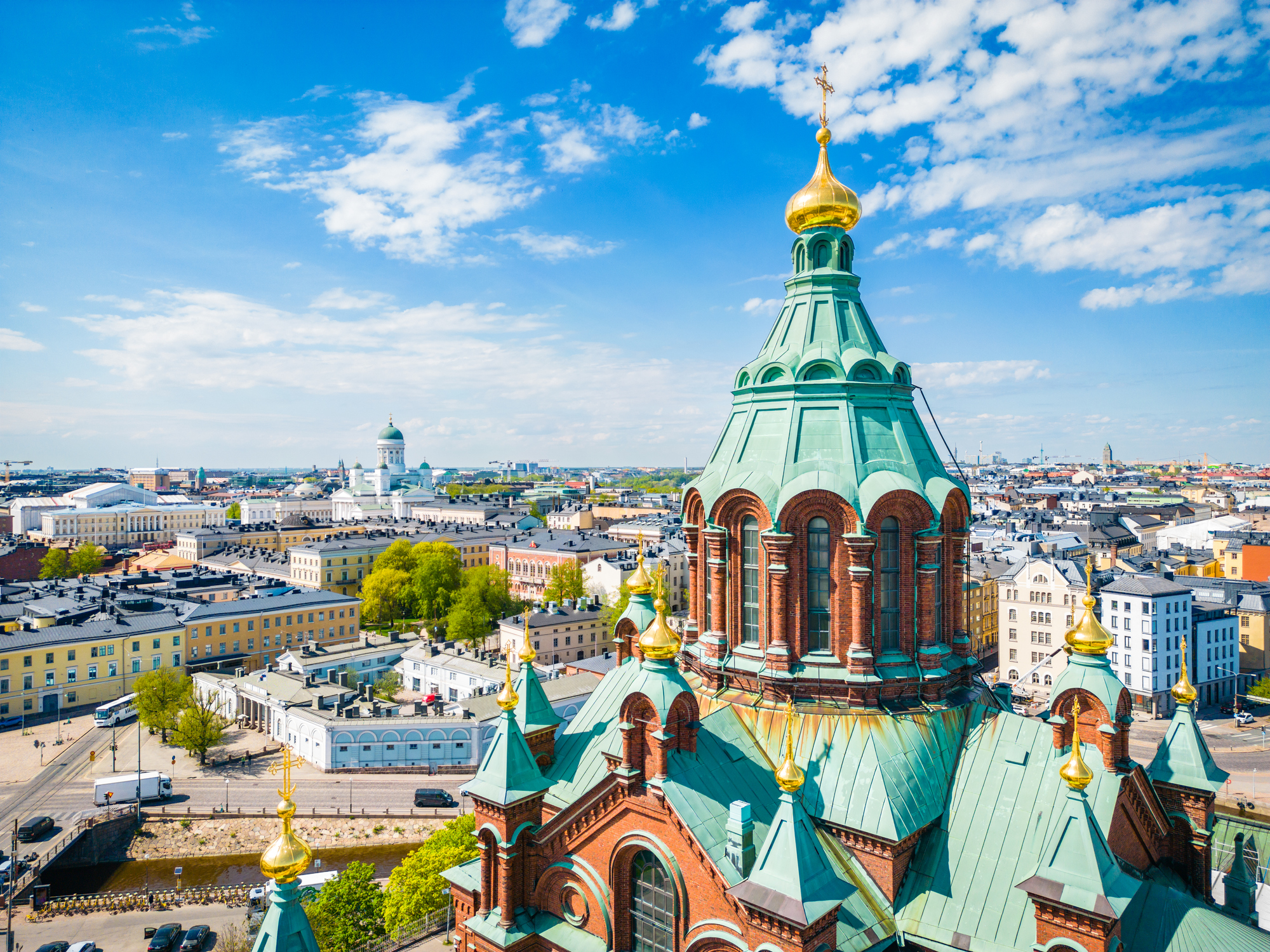 Global happiness has been 'remarkably resilient' over the past three years
Global happiness has been 'remarkably resilient' over the past three yearsfeature
-
 Is conflict between the US and China inevitable?
Is conflict between the US and China inevitable?Today's Big Question China’s new foreign minister warns of ‘conflict and confrontation’ with Washington while defending ties with Russia
-
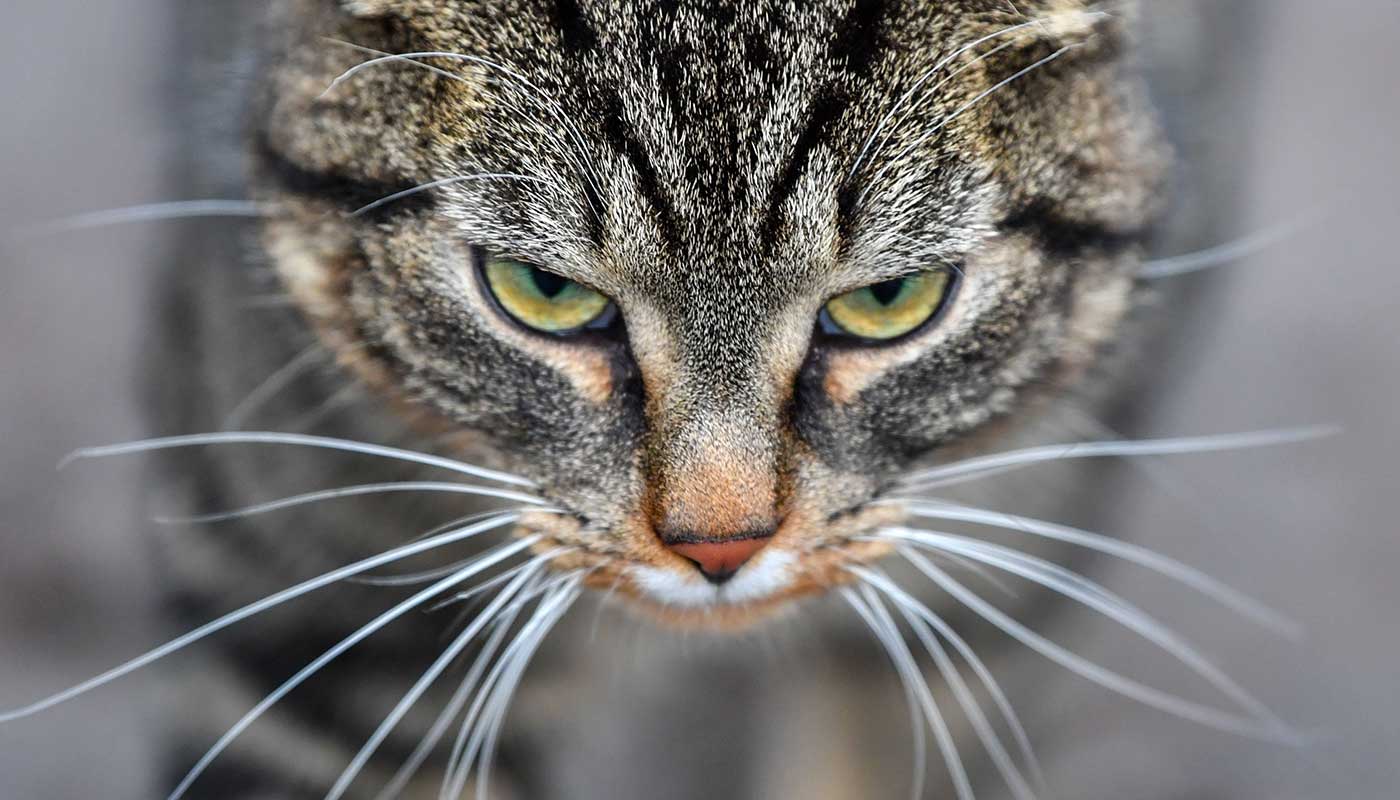 Ministers considered killing all cats during pandemic
Ministers considered killing all cats during pandemicfeature And other stories from the stranger side of life
-
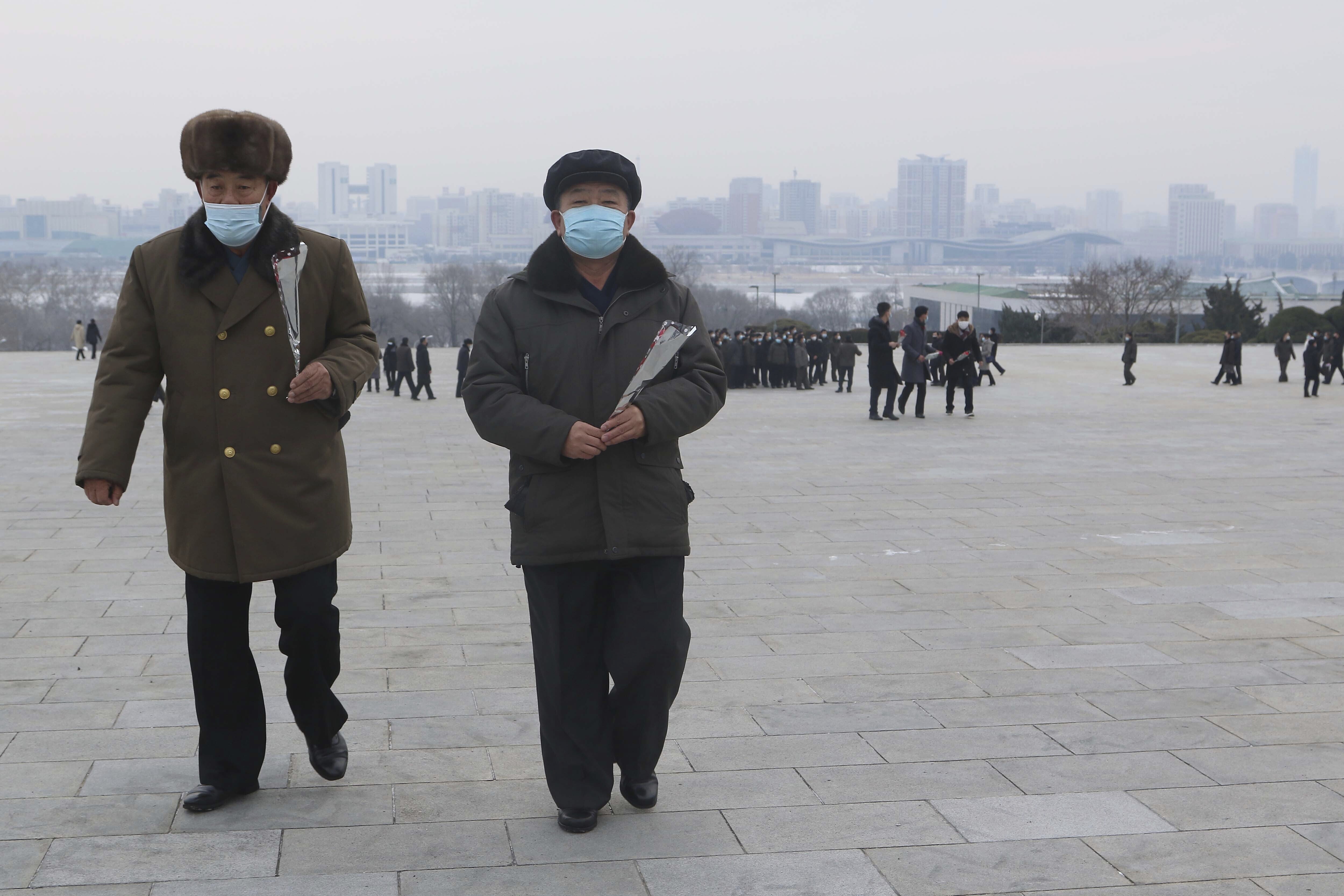 North Korea imposes 5-day lockdown on capital to fight 'respiratory illness'
North Korea imposes 5-day lockdown on capital to fight 'respiratory illness'Speed Read
-
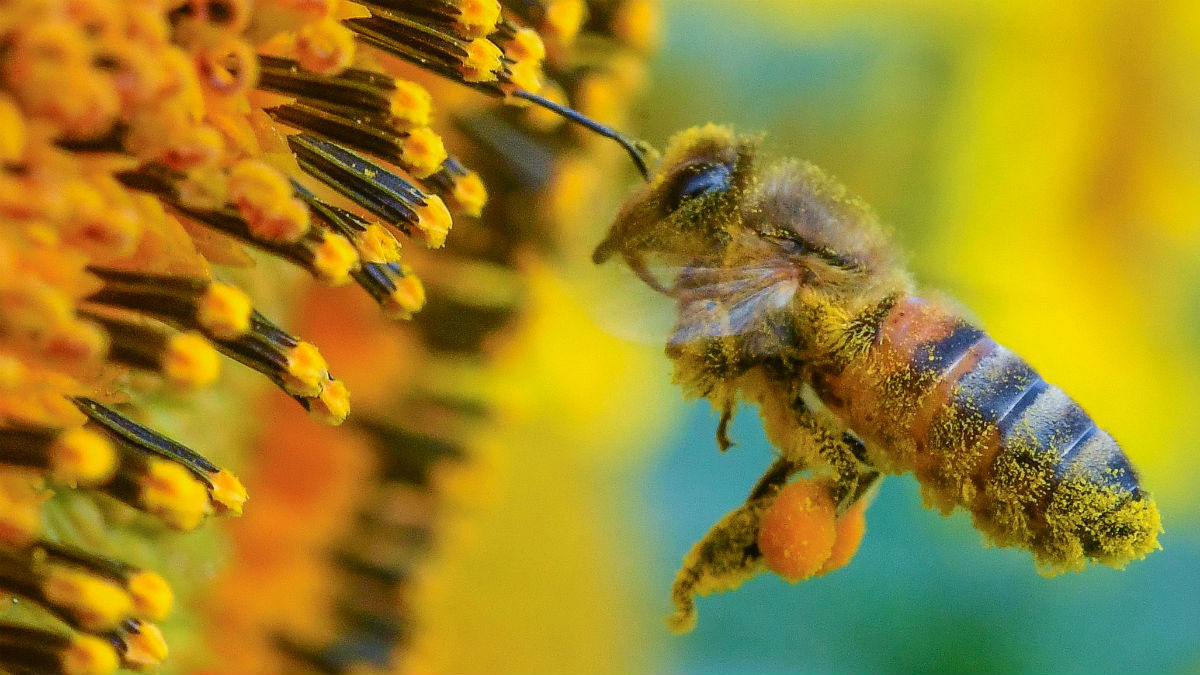 US approves world’s first vaccine for honeybees
US approves world’s first vaccine for honeybeesSpeed Read Development hailed as ‘exciting step forward’ in effort to halt decline in bee numbers